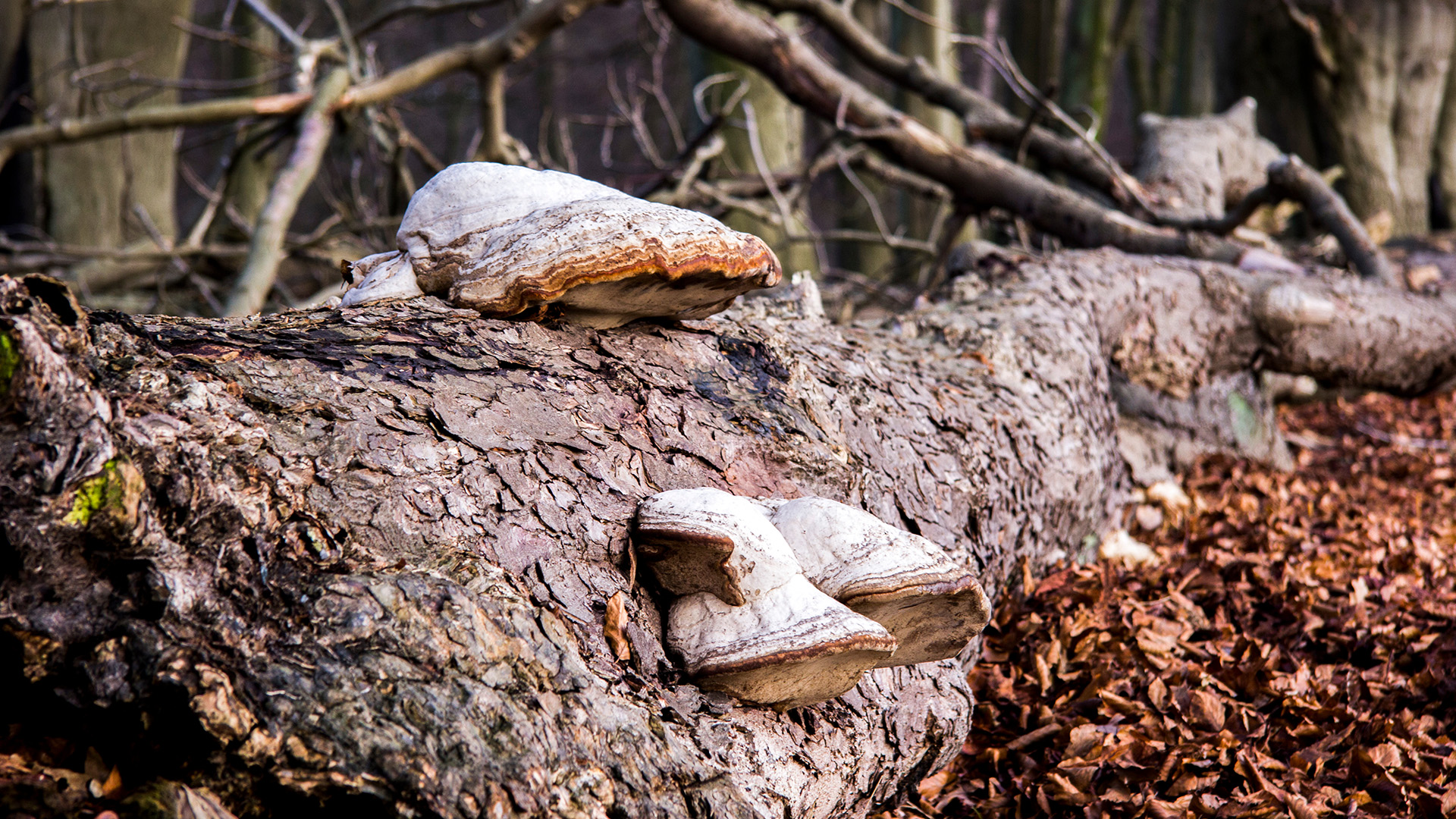Fungi use enzymes to degrade biomass such as peat soil and wood when they need to absorb nutrients. These enzymes adapt to the biomass they degrade, but we know little about how this happens.
Obtaining more complete knowledge about this process is relevant because microbial conversion of biomass is a tool we need to use to exploit waste and biomass residue in the green transition and because fungal feeding habits comprise a significant part of the carbon cycle in nature and therefore strongly influence global climate. A new research centre will investigate how this degradation takes place. The project will especially focus on how microorganisms directly or indirectly utilize the oxygen in the air together with their enzymes.
Katja S. Johansen, Professor, Department of Geosciences and Natural Resource Management, University of Copenhagen will lead the centre, which is called Oxygen Constraints on Microbial Secretomes during Plant Cell Wall Turnover (OxyMiST). The Novo Nordisk Foundation is supporting the project with a grant of DKK 59.9 million through its 2020 Challenge Programme.
Investigating peat soil and wood
Katja S. Johansen will investigate how oxygen contributes to the enzymatic breakdown of carbohydrate in the plant cell wall, thus enabling fungi to absorb nutrients. Specifically, she will base her research on two selected ecosystems: peat soil and wood. These ecosystems are especially interesting because much of the Earth’s carbon is stored in them and because the amount of available oxygen varies significantly in these conditions.
“The OxyMiST consortium will investigate how oxygen influences the secretion of enzymes by fungi and the enzymatic processes. So far, we have only seen a snippet of what appears to be a rather complicated picture. This will be really exciting!” says Katja S. Johansen.
The project provides an opportunity to improve understanding of an important process in nature. In addition, the results can strongly influence our use of enzymes in other contexts, such as in industry, in which enzymes are used to produce a wide range of products such as fuel, materials and food.
“This is a highly relevant research project that can provide answers to longstanding questions about the role of oxygen when fungi convert biomass in two specific ecosystems. The project also has great practical relevance, because the results can provide new knowledge about how to optimally utilize new and better enzymes in industrial processes,” says Claus Felby, Senior Vice President, Biotech, Novo Nordisk Foundation.
About the Novo Nordisk Foundation Challenge Programme
The Novo Nordisk Foundation Challenge Programme was established in 2014. Since then, the Foundation has awarded more than DKK 100 million every year for ambitious research projects that focus on global challenges based on annually selected research themes. The Foundation has just opened for applications for the 2021 Challenge Programme, focusing on how cross-disciplinary research can solve the challenges of tomorrow related to disease and food.
Further information
Sabina Askholm Larsen, Communications Partner, Novo Nordisk Foundation, +45 2367 3226, [email protected]
Katja S. Johansen, Professor, Department of Geosciences and Natural Resource Management, University of Copenhagen, +45 3533 3706, [email protected]








